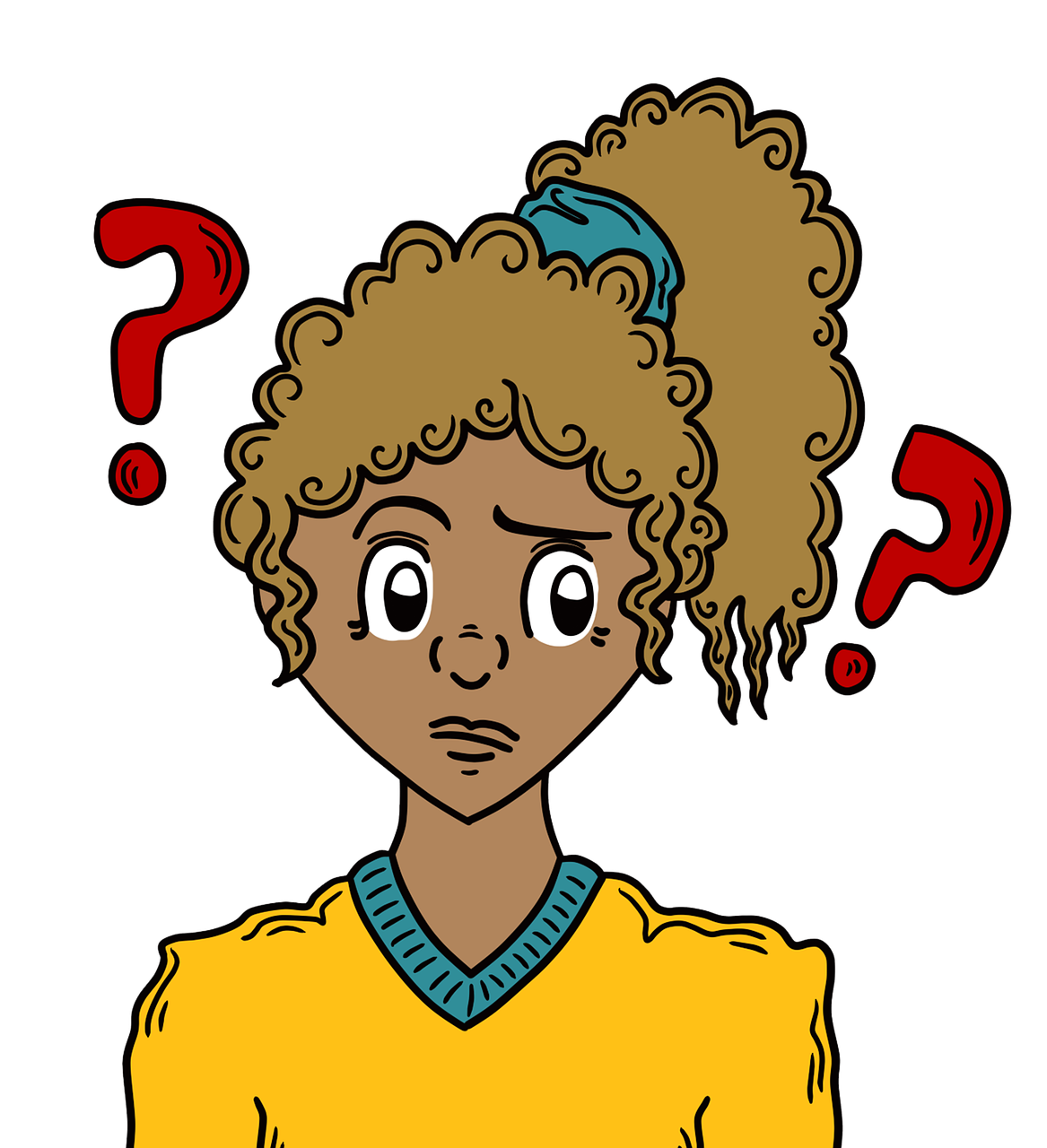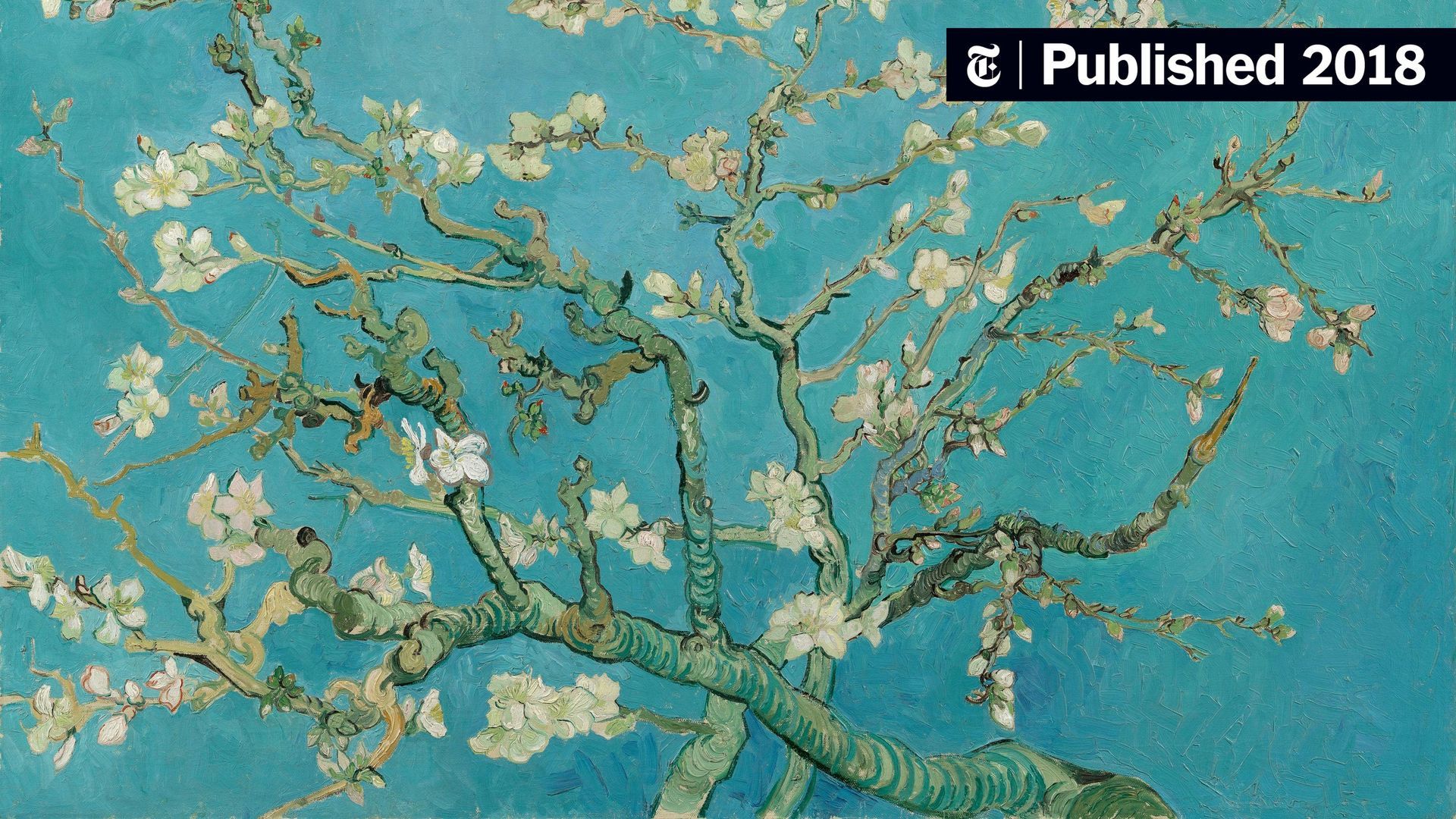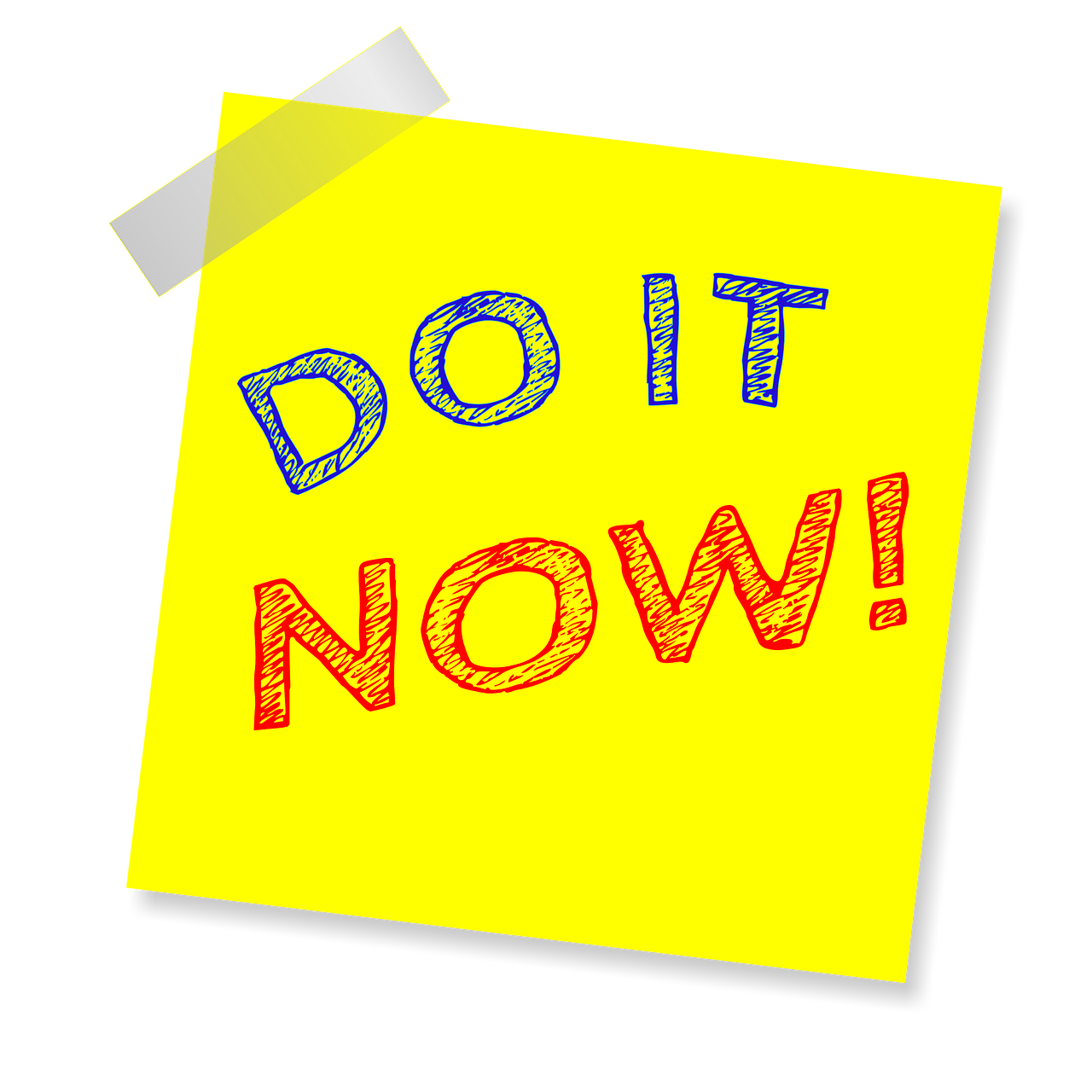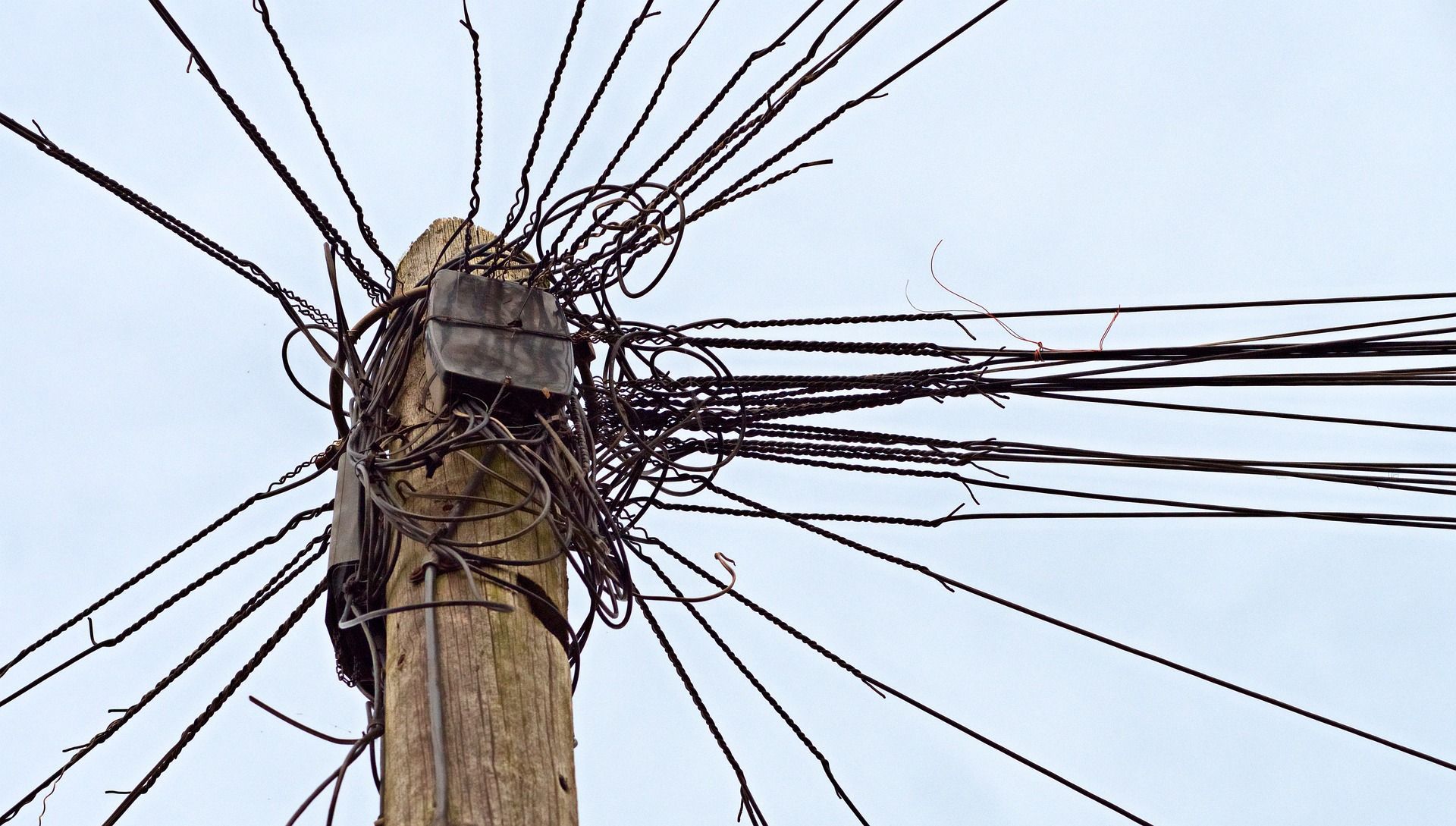Traditional or Self Publishing?
Charlotte Booth • 22 July 2022
Traditional or self-publishing? What's best?

What is best? Traditional or self-publishing?
There is no right or wrong answer. It depends what you hope to get from publishing a book.
I have only ever traditionally published my books, and I doubt this is likely to change in the near future, but because it is the right choice for me, doesn't mean it is the right choice for everyone.
Why self-publish?
Self-publishing is a great option if you have a very small audience in mind. If you want to have books to give to clients, or to sell on your website or for distribution at trade shows then self-publish.
It's also great if you are writing a family history or a local history book and you know there is a very limited audience - your family and friends or just the people in your village or town.
Self-publishing is also the best opportunity if you want to get a book published quickly, as in most cases you can simply upload a file to Amazon and you're done. Traditional publishing can take 18 months.
In my personal opinion there are two reasons you absolutely shouldn't turn to self-publishing:
- Because a traditional publisher turned you down
- You want 90% of the royalties
Let's address the second one first.
Royalties
One of the main arguments for self-publishing is that you can get up to 90% royalties as opposed to 10-15% with traditional publishing. This is true but ...
... this may not be such a great deal.
Self-published books are generally a lot cheaper than traditionally published books – normally 99p-£2.99 whereas a traditionally published book will normally start at £8.99. Self-published books also sell dozens (maybe hundreds) rather than thousands of copies.
Don’t forget the publisher does everything for you;
- Editing the manuscript
- Proofreading the manuscript
- Cover design
- Layout/typesetting
- Obtaining ISBN
- Marketing (pre-launch/post launch)
- Giving copies of your books to the official UK national libraries (legal requirement for e-books or paper)
- Creating a professional looking book
- Printing
- Distribution
- Translation rights for international sales
- Audio book rights
- Advance payment
Add to this, if someone rips off your ebook or scans your paper book and puts it on the web as a PDF for free without your permission the traditional publisher’s legal department takes care of that.
Unless you are an expert in all of these aspects of book publication, you will need to outsource this at a substantial cost to yourself. But by not doing all of these steps your book is unlikely to be as polished as a traditionally published book will be. A traditional publisher does all this for you using their team of experts and freelancers as part of the contractual obligations. Sure, you can learn to do all these aspects yourself but nothing beats a professional.
Your traditionally published books will also be available in high street shops and not just Amazon or online giving you a wider reach, not to mention the reach of translated books sold globally. Very few bookshops stock self-published books (other than very local history), so if this is your dream, self-publishing is not for you.
Payment
Writing books takes time, a lot of time and commitment. And if you are good at what you do you should be paid for this.
This is where, for me, traditional publishing will always have an edge.
They have confidence that my work will sell, and so they give me an advance payment; before the book is even written.
For me personally, if a publisher is asking for payment from me, this is a service I am paying for, and therefore no guarantee that my book will sell, and no endorsement from an industry expert that the product is marketable. If I am paying them, they have no skin in the game and don't care if the book is any good or not.
I will never pay to have my work published. That is one of my non-negotiables, and it hasn't failed me yet - 17 books in, one due to be published in the next few months, and another under contract.
I don't make a lot of money on my books, but I make money - I have never had to pay a publisher. And that is the difference between a published writer and a professional writer.
Rejection
One argument I hear for self-publishing baffles me.
I've heard people say that they don't have the confidence to submit to publishers 'in case they hate it'.
Surely, it's better for an industry expert to tell you the book won't sell, or it needs work than your readers writing that in your reviews? If you don't have the confidence to send to publishers (or agents) for free then how do you have the confidence to expect readers to pay you money for it?
As I say I find this baffling.
Lack of self-confidence and fear of rejection is another reason many turn to self-publishing.
No one likes being rejected, but when you are competing for the attention of the publisher who has 500 manuscripts in their inbox, you are going to get rejections. But you only need one acceptance to become a professional author.
Control
Another bizarre argument for self-publishing, which is often made by those who have only ever self-published is the lack of control with traditional publishing.
This is nonsense.
At least in the non-fiction world.
Of course an independent editor and fact checker will go through the book and highlight things that they think could be clarified - this is not a lack of control. It's better an editor picks up anomalies rather than your readers.
An independent graphic designer will design the cover for your book, and the publisher will send it to you as the author to give the final say. If you hate it, you tell them and they will change it. The final control always stays with you as the author. In my experience however, the cover designers are always going to be able to design a better cover than I can, and only once have I put my foot down and said 'no' to a cover.
At every stage of the way you, as the author, are consulted - from cover design, to layout to final proofs. If you have a reason for wanting to change something then the majority of the time the publisher will go with it.
Of course you are under contract, and as long as you have read the contract carefully before signing there won't be any surprises and you can always question anything you are not happy with.
I'm not sure what other control authors need (we've already discussed royalty and advance payments).
Marketing
For me the main reason self-publishing does not appeal to me, is that once I have finished writing a book I am ready to move on to the next book.
I send my manuscript off to the publisher, and then I am free to work on another project.
Not so with self-publishing. You have to start your marketing campaign, sign up to BookBub and NetGalley, organise promotions and book tours, print flyers and anything else that you need to do to promote your book. And all of this costs money.
For me and traditional publishing, I put a couple of posts on social media, and then look at the promotional things that the publisher organises like writing articles for national press, speaking on international podcasts or on national/regional radio. All the important marketing is done by the publishers including submitting your books for national/international writing prizes and providing you with printed marketing material.
But, publishing options are as individual as the books that are written, traditional publishing is right for me, but that doesn't mean it is right for everyone. But I do think that traditional publishing shouldn't be dismissed as old fashioned and too difficult.
If you would like to talk about the publishing process, or would like to discuss a book idea please drop me an email or book a chat as I am always keen to talk books.

There is nothing more amusing than checking out mediaeval artistic renditions of lions and other heraldic creatures. These beasts, grimacing and gurning are a strange juxtaposition of human, animal and demon and as far from the cute image of Alex from the Madagascar franchise or in fact a real lion as you could possibly get. There are three main reasons mediaeval lions are so ‘bad’ and un-representational; The artists were following a very tight brief. Some of the artists may never have seen a lion, and were following the descriptions they were given. These lions were representing heraldic principals of bravery, nobility and authority; all very human characteristics. When viewed through this lens it becomes more understandable why they look the way they do, but they are still ‘not right’ and not a great tool for learning about lions. Generative AI is very similar to an uninformed but talented mediaeval artist. There is a element of intelligence but at the end of the day it is following a brief, with no actual ‘knowledge’ of the thing it is producing. As an example, if you prompt your generative AI (ChatGPT and the like) to produce a blog for your new product or service, aimed at your ideal customer avatar you will in all likelihood get a mediaeval lion out the other end. Sort of recognisable, and sort of not. This is because AI doesn’t know what a customer is (ideal or otherwise), has no idea what your product or service is and does, and has no true understanding of how this service or product will serve your ideal customer and their needs. Of course, AI is pulling all the information available from the internet to help with its answer but there is no understanding there. There is no determining fact from falsehoods or even which websites are trustworthy and which are not. So, it skims the internet and puts together content which suits the brief as it understands it. This is then when the actual work should start as this content shouldn’t be used in the raw. It should be edited and tweaked by a human who DOES understand the brief, has been a customer (ideal or otherwise) and can imagine what your ideal customer will feel when using your product or services. We are in a world now, where we have generative AI promoting products and services to humans, when it has no concept of what a human is and how it thinks, meaning the marketing department are in fact more important than ever for ensuring content and copy is aimed at humans and human emotions. You could argue that the world would be a more entertaining place if there were more mediaeval lions in it, but it wouldn’t be a great environment for learning, or for basing purchasing decisions on. If you want to maintain the human element in your content, then I would love to help . Explain the brief, your CTA and your ideal client and I will know what I need to ask to get a clear idea before writing. Then you can rest assured your content was written by a human for a human and we can leave the mediaeval lions to the museums.








